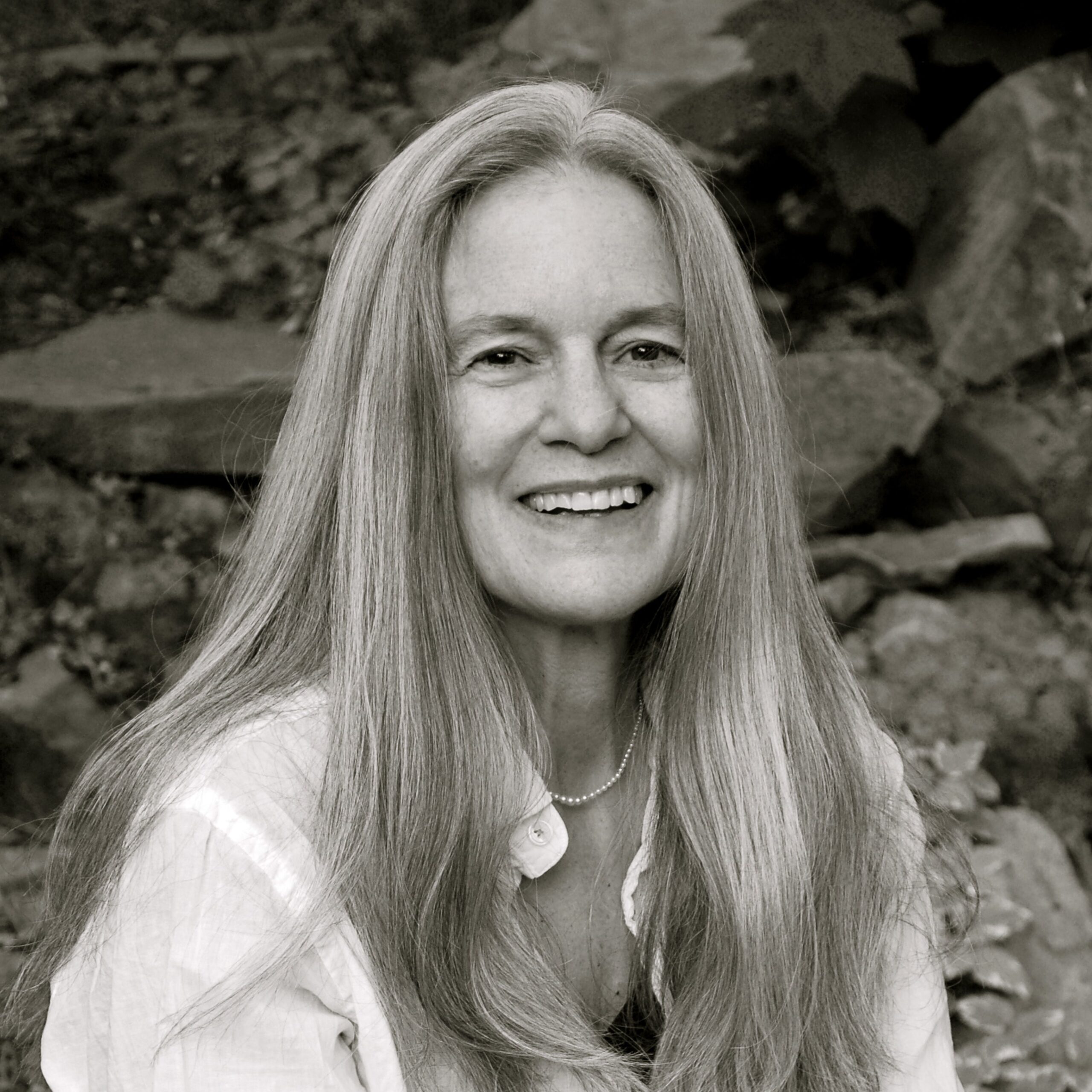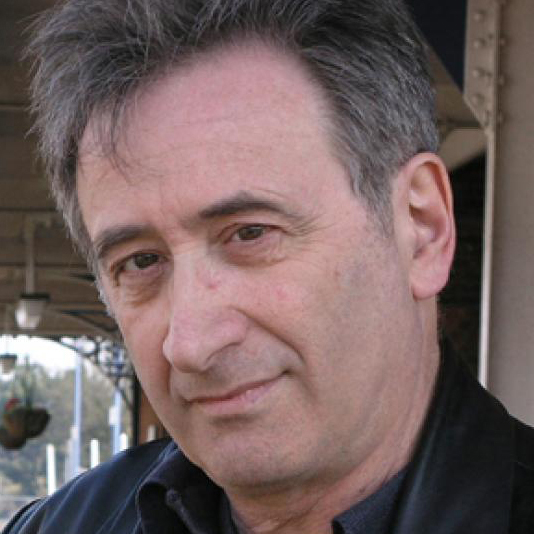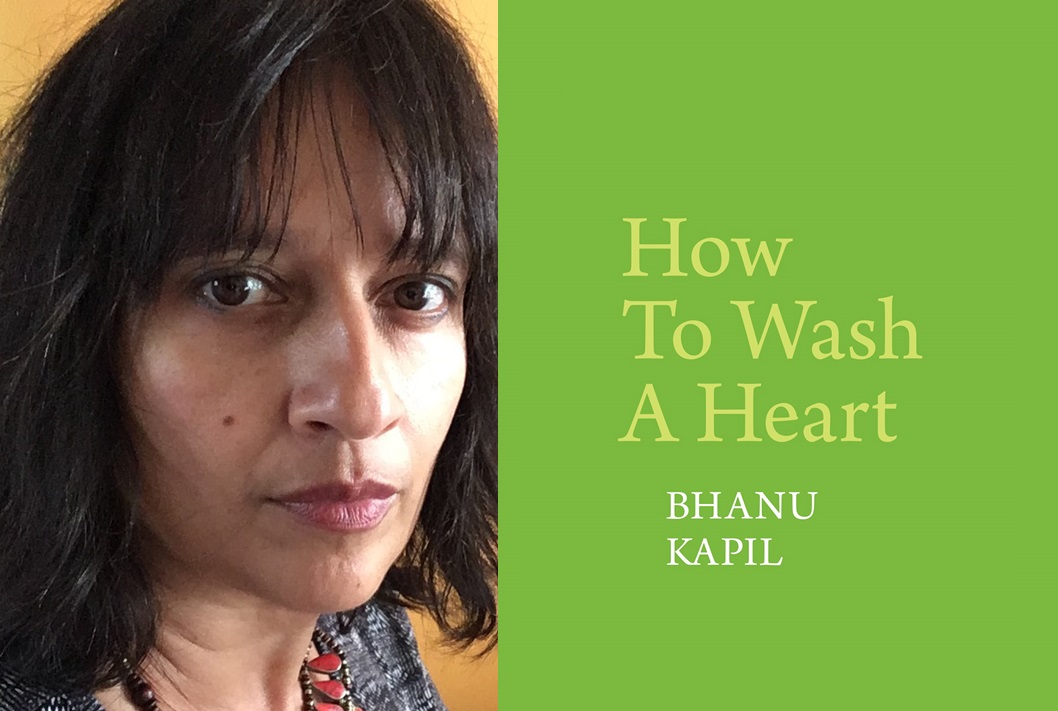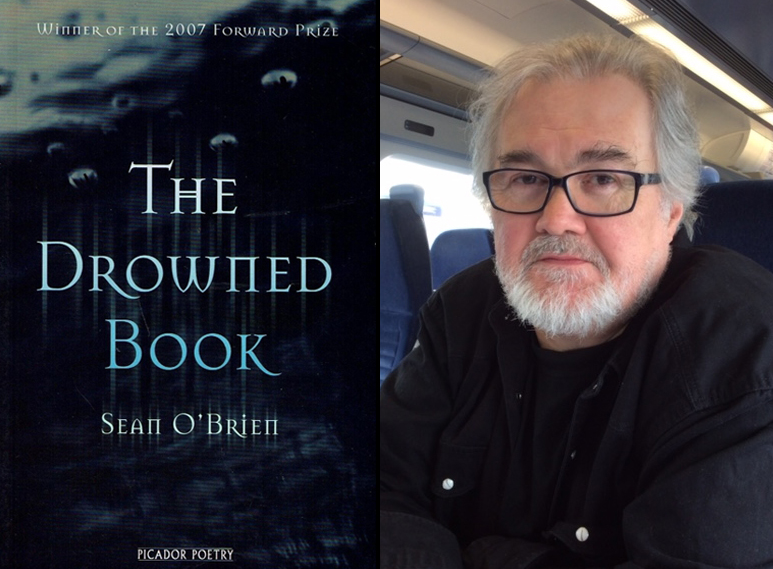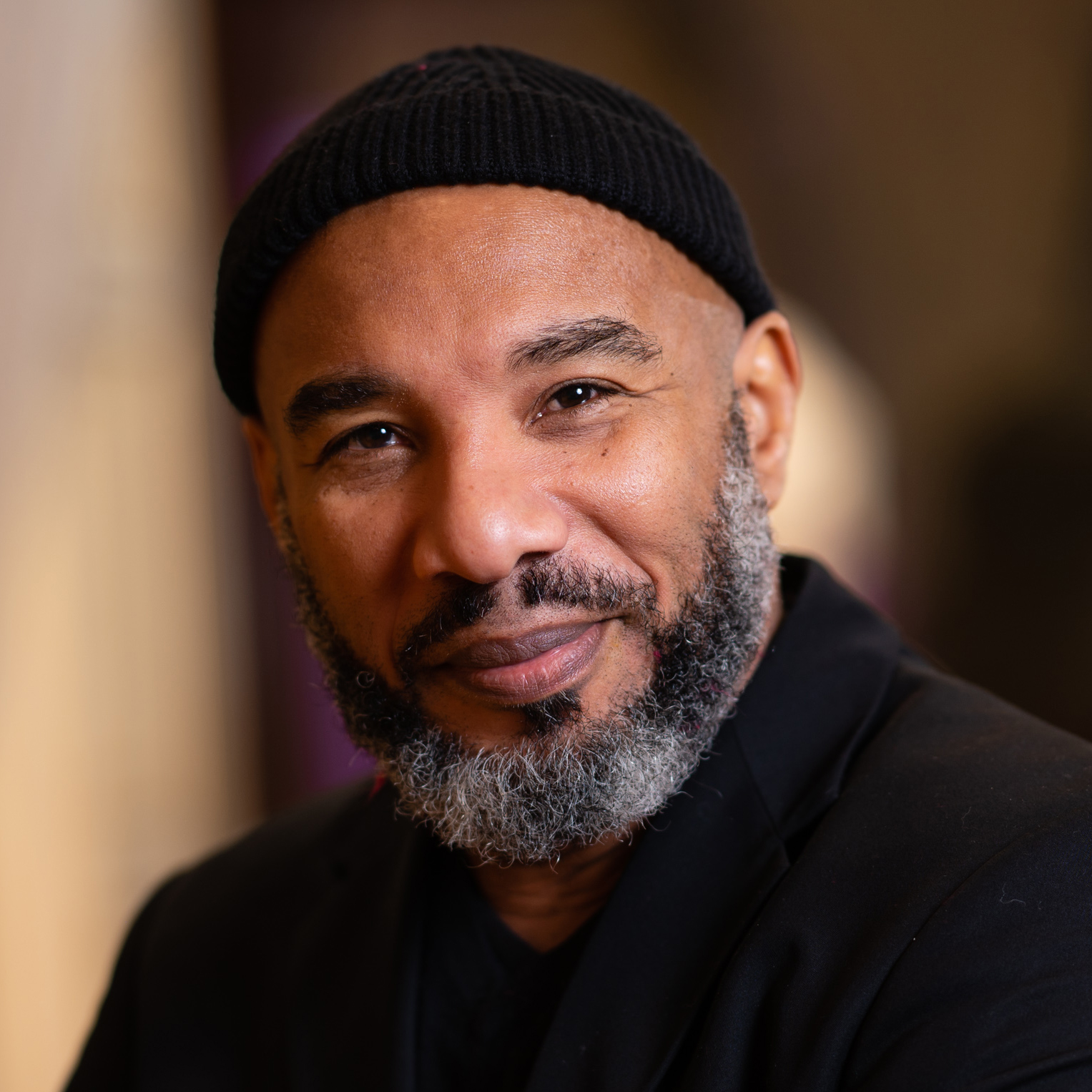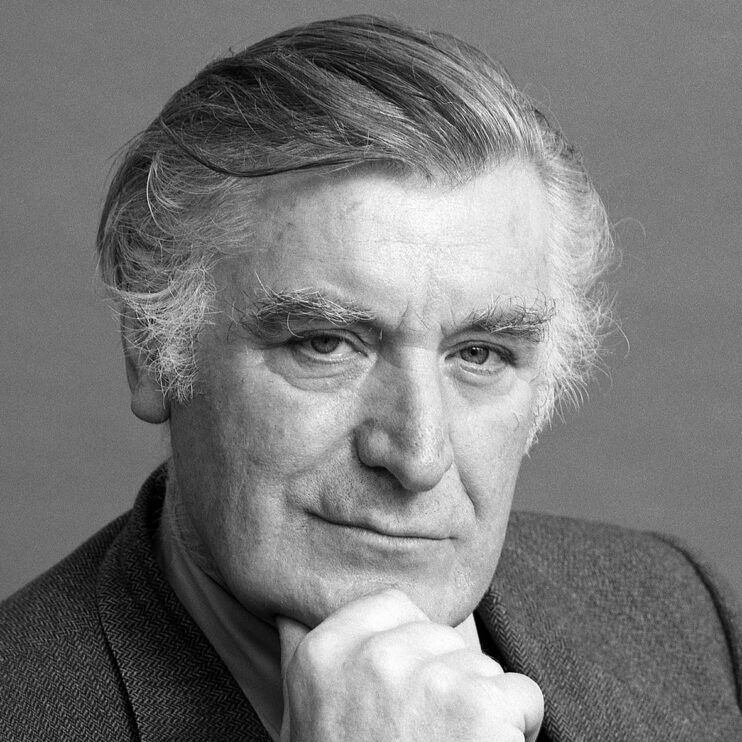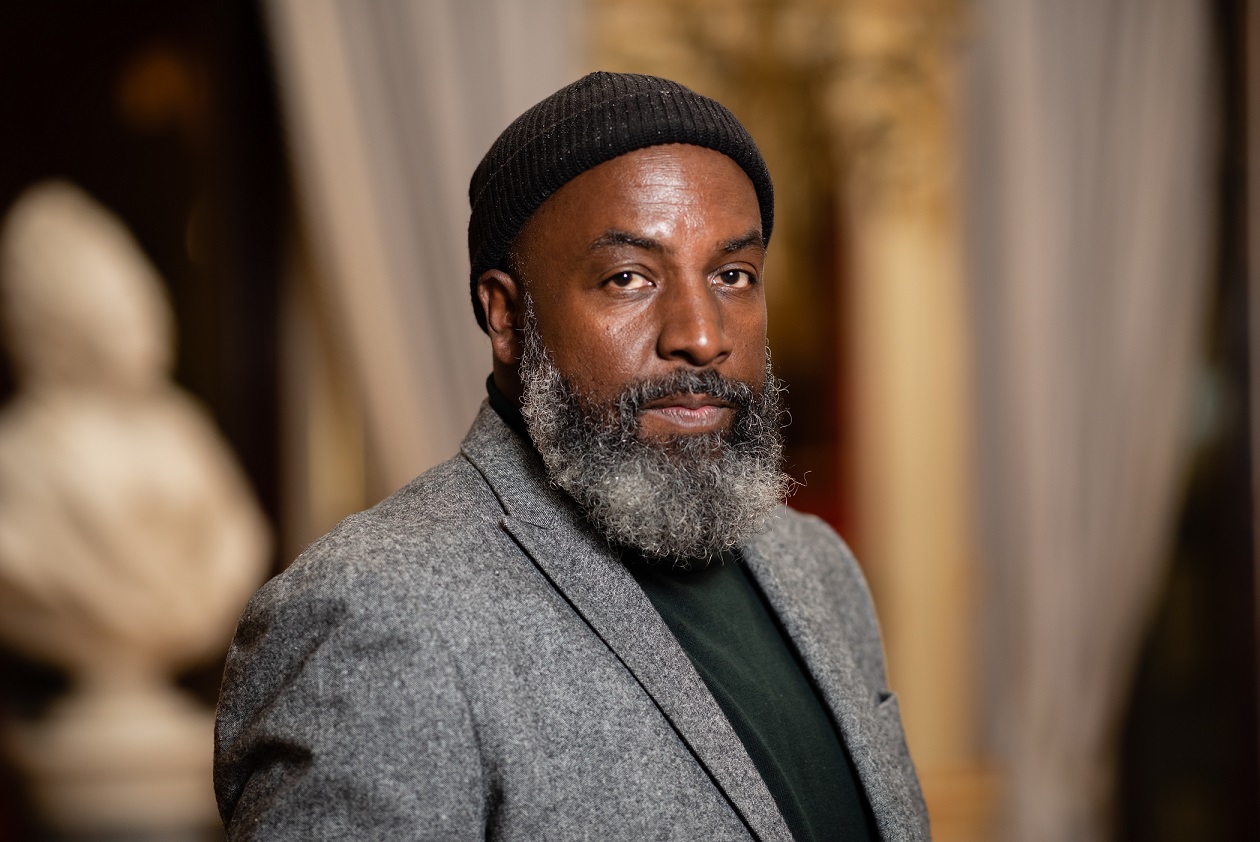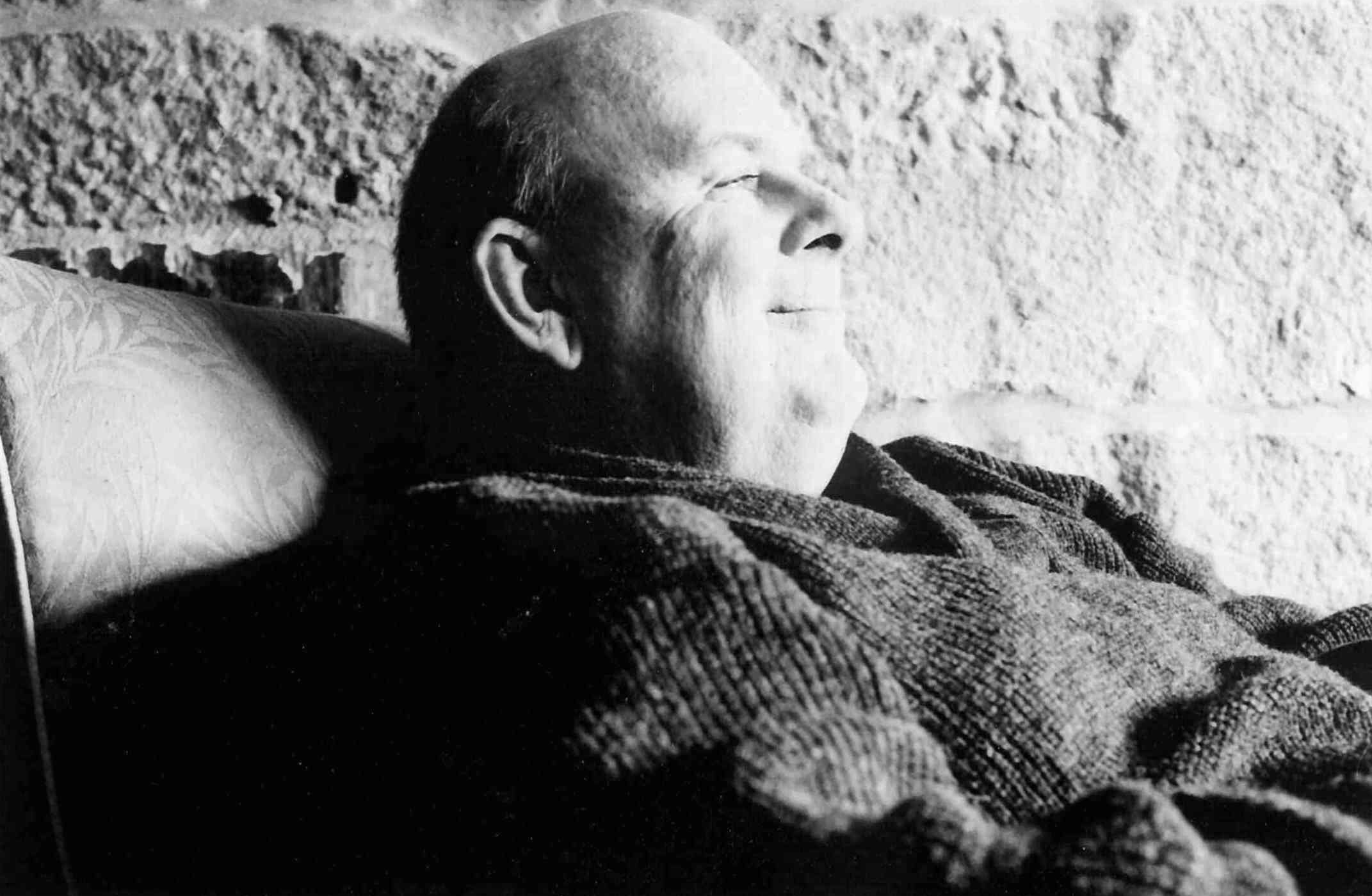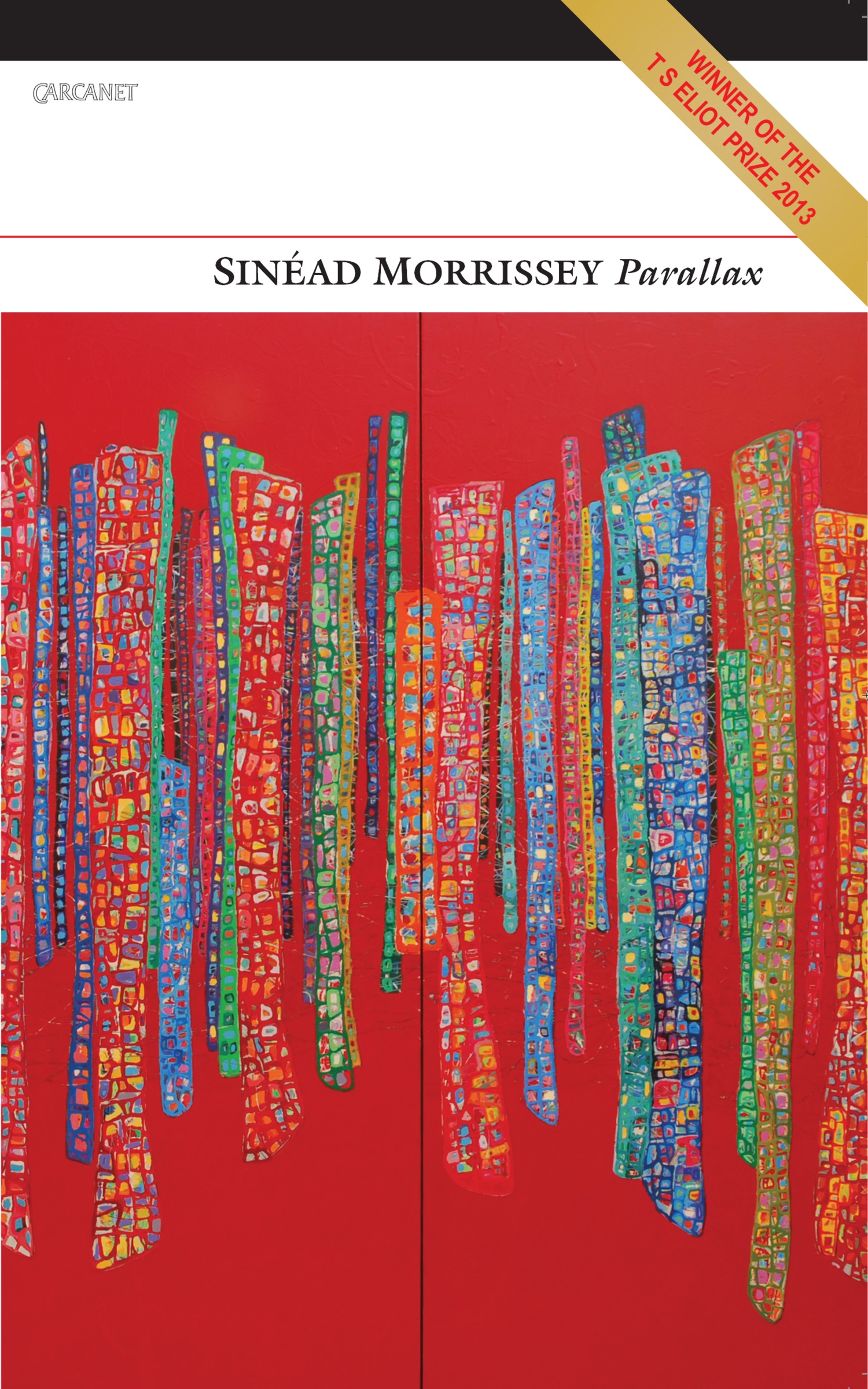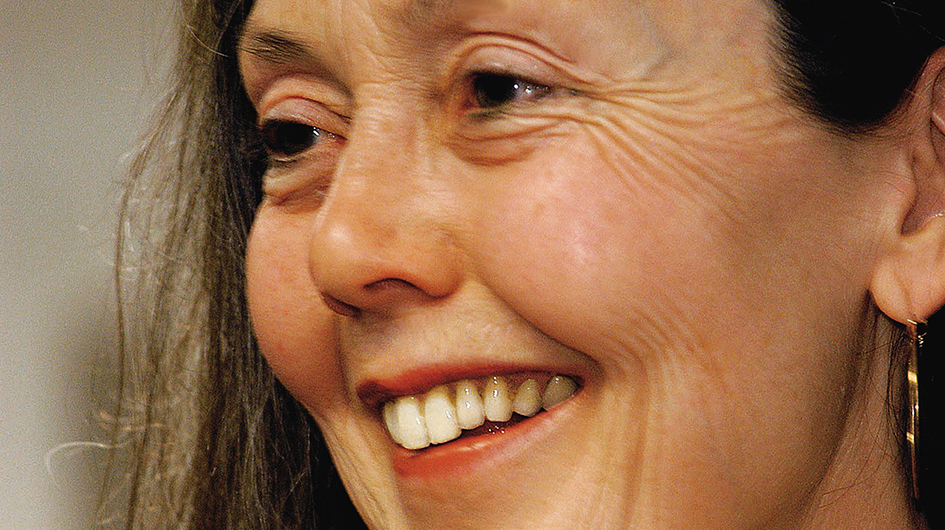winner
In 2023 the T. S. Eliot Prize celebrated its 30th anniversary. We marked the occasion by looking back at the collections which have won ‘the Prize poets most want to win’ (Sir Andrew Motion). Bhanu Kapil won the T. S. Eliot Prize 2020, judged by Lavinia Greenlaw (Chair), Mona Arshi...
In 2023 the T. S. Eliot Prize celebrated its 30th anniversary. We marked the occasion by looking back at the collections which have won ‘the Prize poets most want to win’ (Sir Andrew Motion). Sean O’Brien won the T. S. Eliot Prize 2007 with The Drowned Book (Picador Poetry), a...
In 2023 the T. S. Eliot Prize celebrated its 30th anniversary. We marked the occasion by looking back at the collections which have won ‘the Prize poets most want to win’ (Sir Andrew Motion). Judges John Burnside (Chair), Sarah Howe and Nick Makoha were unanimous in choosing Roger Robinson’s A...
In 2023 the T. S. Eliot Prize celebrated its 30th anniversary. We marked the occasion by looking back at the collections which have won ‘the Prize poets most want to win’ (Sir Andrew Motion). Les Murray won the T. S. Eliot Prize 1996 with Subhuman Redneck Poems (Carcanet), judged by Andrew...
In 2023 the T. S. Eliot Prize celebrated its 30th anniversary. We marked the occasion by looking back at the collections which have won ‘the Prize poets most want to win’ (Sir Andrew Motion). When Sinéad Morrissey won the T. S. Eliot Prize 2013 with her collection Parallax (Carcanet), Ian...
In 2023 the T. S. Eliot Prize celebrated its 30th anniversary. We marked the occasion by looking back at the collections which have won ‘the Prize poets most want to win’ (Sir Andrew Motion). When Anne Carson won the T. S. Eliot Prize 2001 with The Beauty of the Husband...
